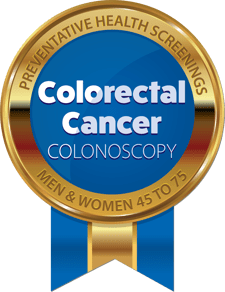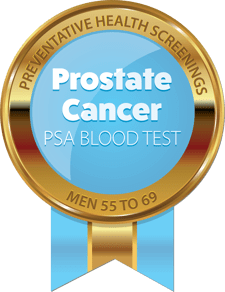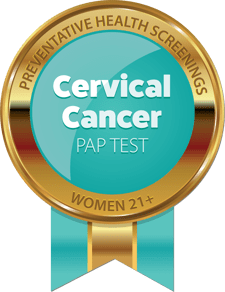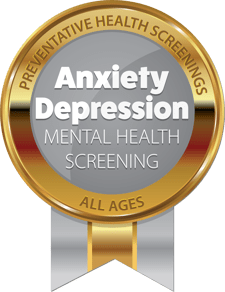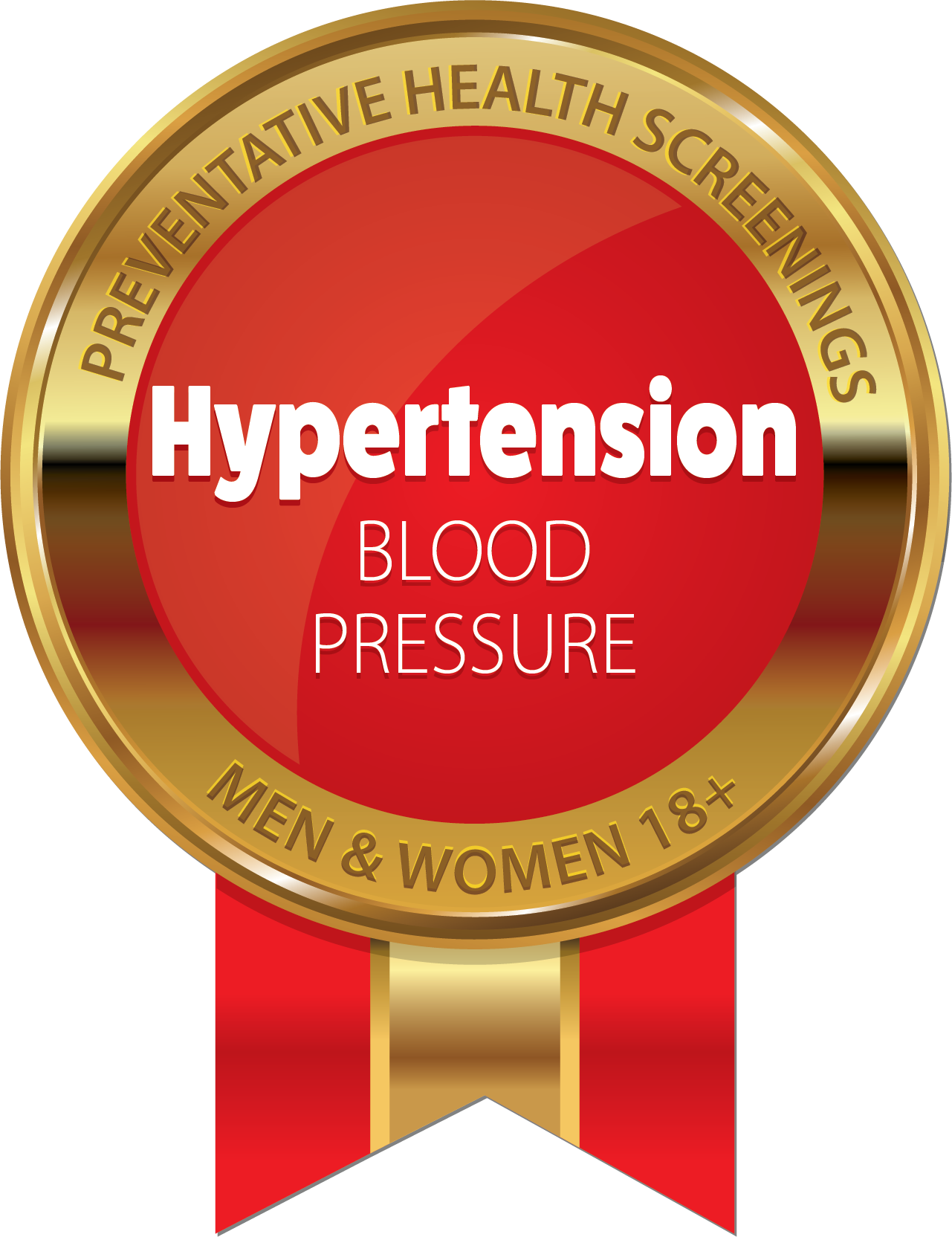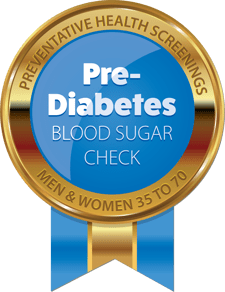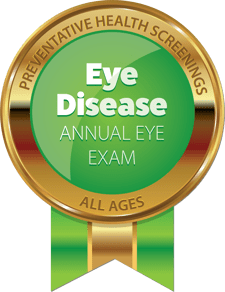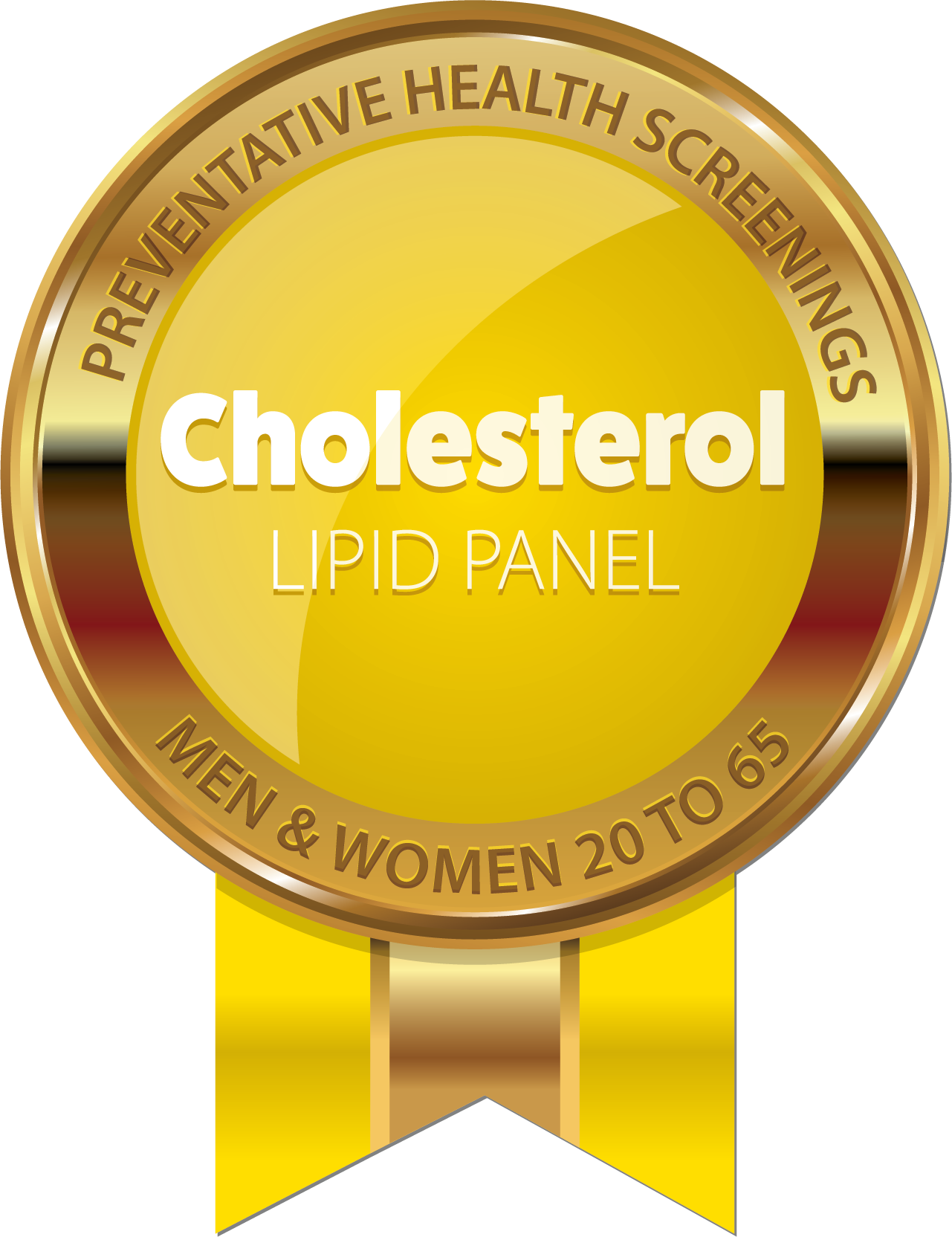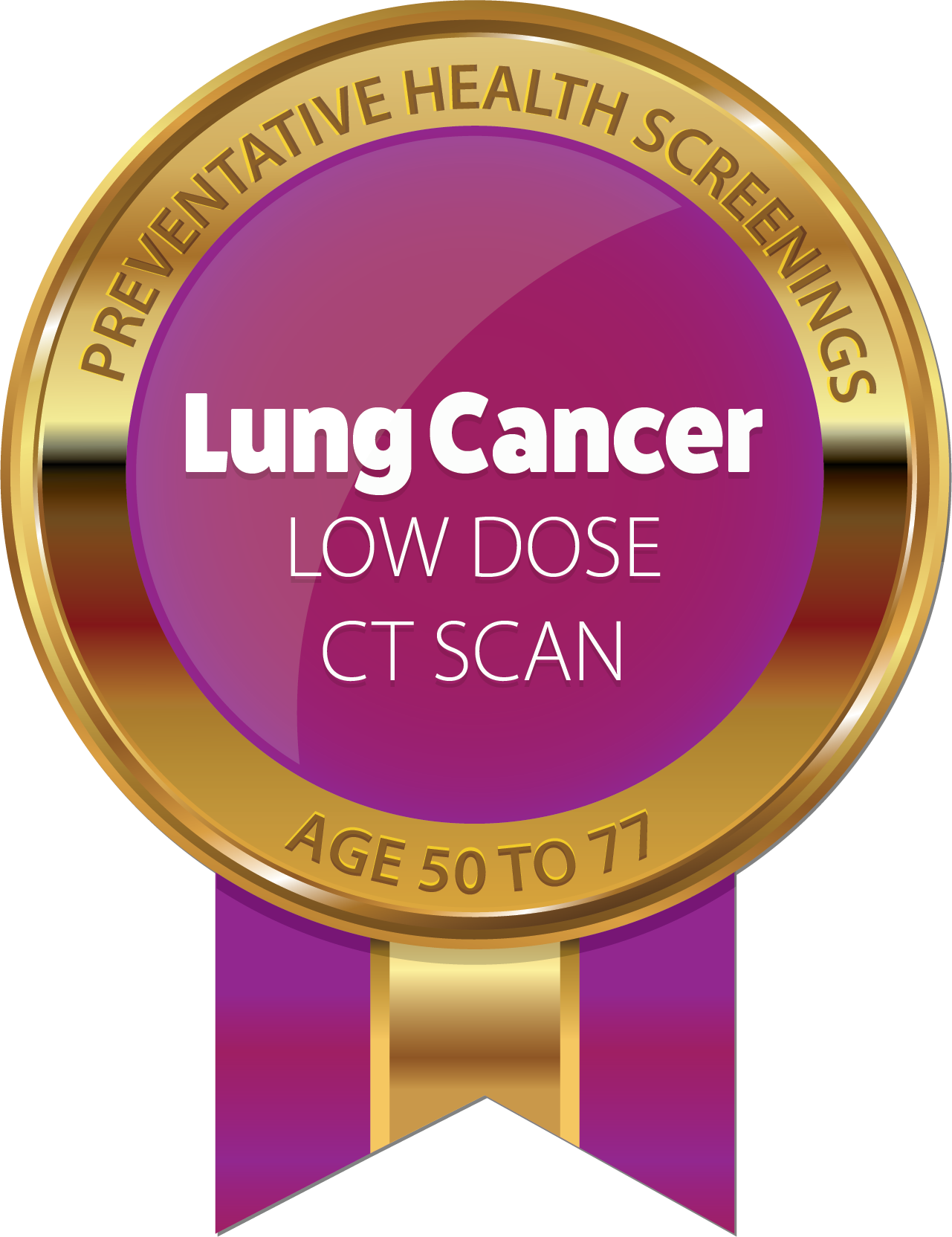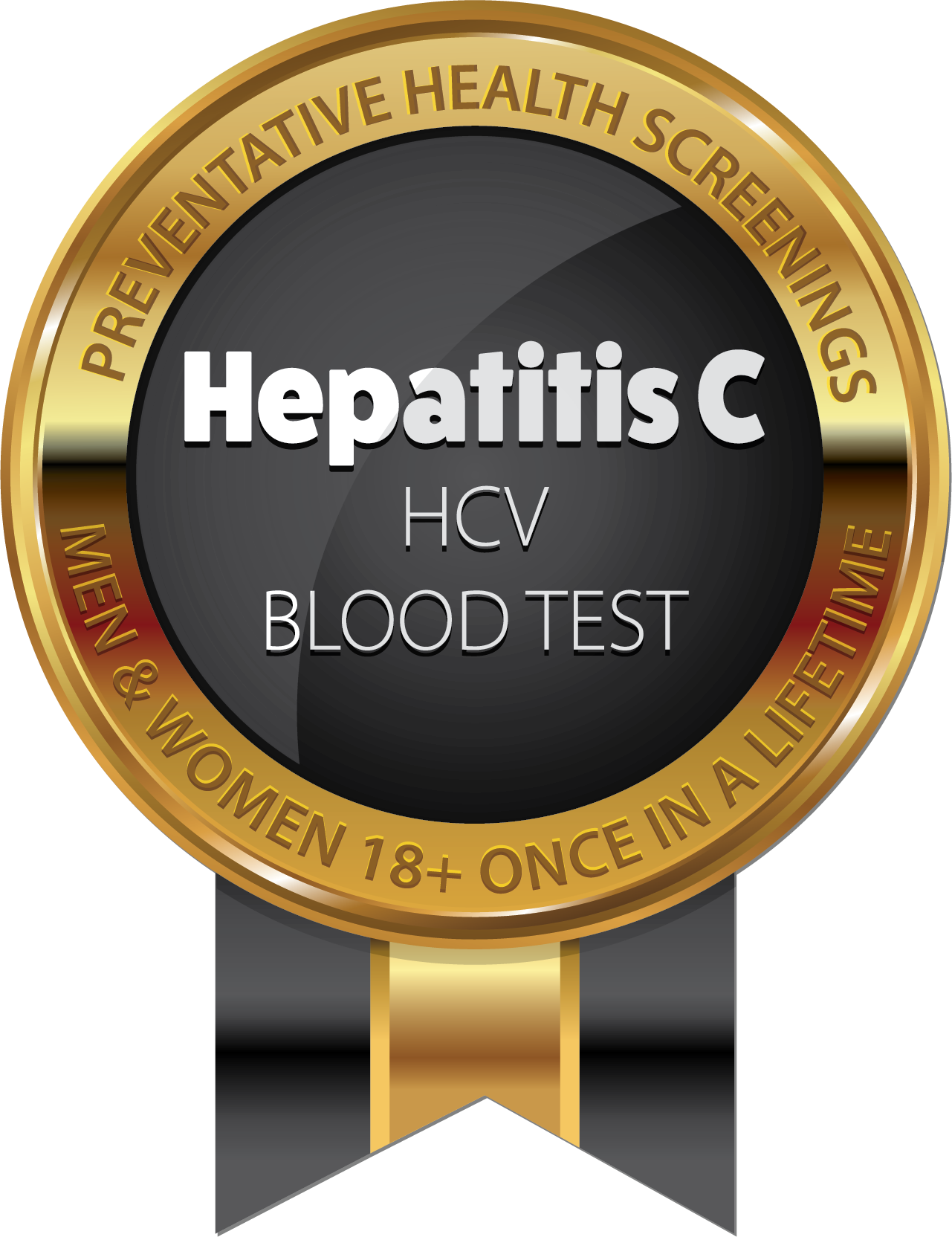Get Screened
It all starts with an annual exam with your primary care provider. As early as two years of age it is essential to visit a primary care provider annually to ensure you are up to date on vaccines, discussing preventative measures for your future, and addressing any health concerns you may have. To see if you are up to date on current vaccines, click here.
Who is a primary care provider?
A primary care provider (PCP) should be your first source for routine, non-emergency medical care. You also can see a PCP by appointment when you are sick. Having a PCP is important because:
- Your provider knows you and your health history.
- PCPs help patients establish healthy lifestyles that can prevent illness.
- Having a PCP is cost-effective and efficient.
- PCPs include Family Medicine, Internal Medicine, and Pediatric Providers.
If you already have a primary care provider, click here to visit our Patient Portal and set up an appointment. If you need to establish care with a provider, check out our provider profile on the Find A Provider page. Please note, that not all providers are accepting new patients.
The Importance of Screenings
Health screenings are effective for detecting specific conditions or diseases, even when an individual has not experienced any signs or symptoms. Early detection allows you to get the right treatment at the right time, which often leads to improved outcomes.
Recommended for women who are 65+ and for women who are 50 to 64 with certain risk factors.
According to the National Heart, Lung and Blood Institute (NHLBI), a person's first cholesterol screening should occur between the ages of 9 and 11 and then be repeated every five years after that.
Recommended for men and women 18+ at least once in their lifetime. Adults with recognized exposures should be tested more often.



